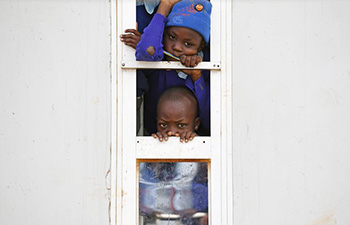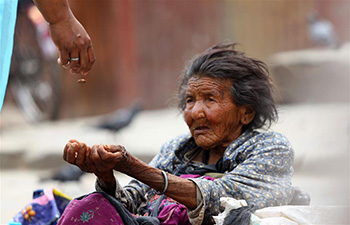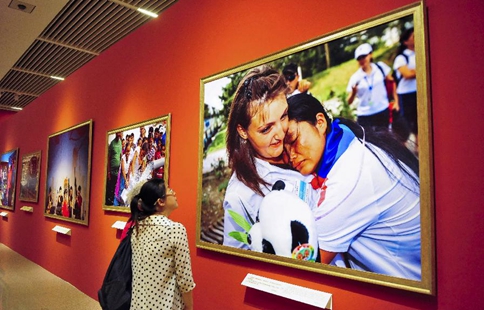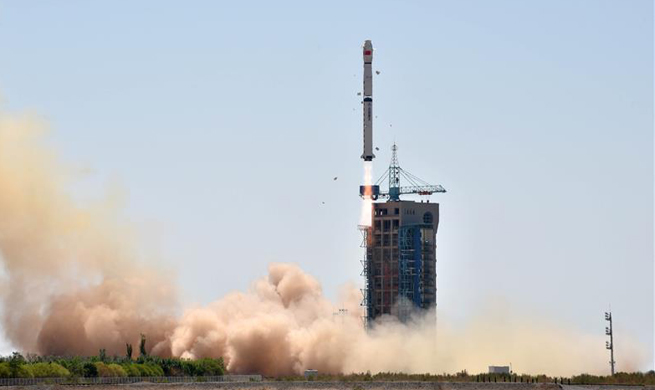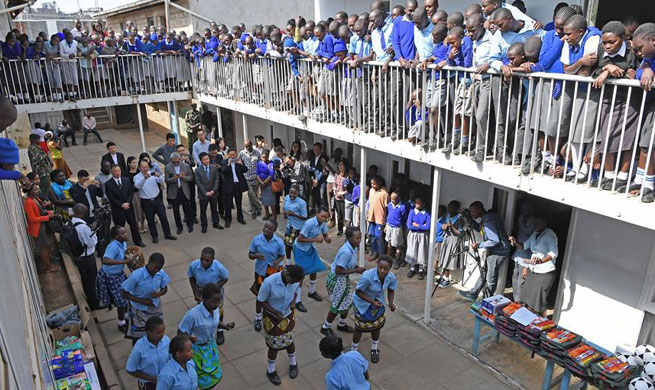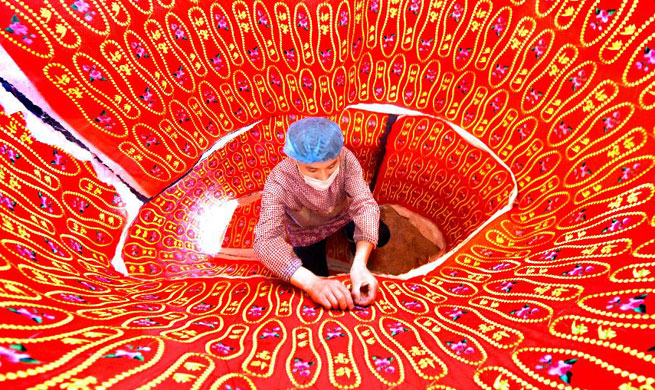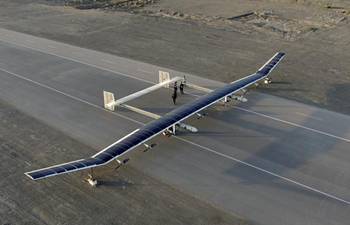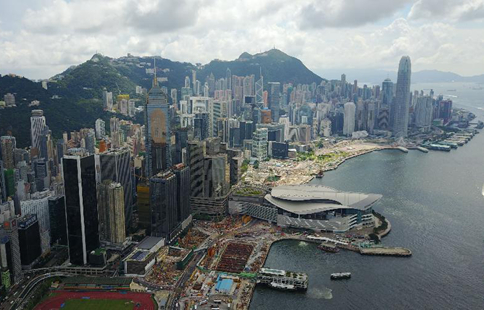by Edna Alcantara
MEXICO CITY, June 15 (Xinhua) -- Progress in U.S.-Cuba ties is likely to suffer a setback under U.S. President Donald Trump, according to Mario Torrico, a research professor at the Latin American Faculty of Social Sciences (Flacso) in Mexico City.
According to media reports, Trump is set to announce in Miami on Friday a rollback to the thaw between Washington and Havana, a promise he made during his election campaign last year.
"It appears the new U.S. president will arrive with a different Cuba policy that is opposed to that of his predecessor Barack Obama, as we have seen in (the areas of) environment and immigration," Torrico told Xinhua in an interview.
While Trump made his position against restoring ties with Cuba clear during the campaign period, saying the island's government must first meet human rights standards set by Washington, his presidency has so far centered mostly on issues of national interest.
"He has focused more on domestic policy and other aspects, such as how to impose restrictions on Middle East travel -- for which he has had to confront his country's judicial branch -- environmental policy and ties with NATO," said Torrico.
"Cuba is an important political topic at the regional level, but it carries little economic weight compared to other issues of interest to Trump," added Torrico, who also coordinates the master's program in public policy at Flacso.
Trump is set to announce the new policy towards Cuba from Miami, Florida, home to the large community of Cuban exiles who fled their country after the 1959 revolution.
Choosing Miami signals that he plans to take a harder stance on Cuba, though how far he will roll back the reforms pursued by Obama remains to be seen.
Under Obama, the two countries restored diplomatic ties and direct communications, including air connections and postal service. Obama also relaxed restrictions on travel to Cuba, though the five-decade trade embargo remains in place.
When asked how much of a setback the new policy could represent, "not much," says Torrico, adding that because little real progress was made in bilateral ties, especially since Cuba's main demand -- that the embargo be lifted -- was largely ignored.
Improvements in ties, in fact, "have been very slow and even disappointing, so to speak," said Torrico.
Restoring ties led to spectacular photo opportunities, such as the reopening of the respective embassies in Havana and Washington, but to few concrete advances.
"At the very least, we were expecting to see the start of investment in Cuba, as well as greater political opening of the Cuban government and the diversification of the island's economy," said Torrico.
However, the biggest change has been in the flow of U.S. tourists to the island, so in terms of meeting expectations, the restoration of ties fell short, added Torrico.
Ties under Trump are bound to slide back, he noted.
"They will not be able to negotiate anything, because while one side -- the U.S. -- is interested in seeing progress in greater political opening towards democratization, the other side -- Cuba -- wants non-intervention and the reduction of economic restrictions ... to lift the embargo," said Torrico, adding "I think neither side is willing to accept these conditions."
"Rather, I think that for the sake of their domestic policies and interests, both sides are going to do nothing and roll back what has been done," said Torrico.






